You’ve got to work the RIGHT WAY to make it to the top as a pro chess player.
In this article, we’ll recommend tips on how you can achieve that Top Player status.
We’ll also reveal quality chess books to read, training routines to follow, and lots more on how chess players train.
When Can You Call Yourself A Top Player?
Sure, you might land a checkmate now and then and feel on top of the world, but are you that good?
How do you compare with the players at the top?
Here are some indicators to follow:
- Having A High FIDE Rating
- Performing Well In Top Tournaments
- Playing Games With A Low ACL
Having A High FIDE Rating

A FIDE Rating is the most standard way to judge the ability of a chess player.
A high rating is somewhat relative to the perspective of every chess player.
Some novice players might consider 1500 Elo a high rating.
Some advanced players might consider 2500 Elo a high rating whilst looking down on a 2200 Elo rating.
In any case, the most standard rating of any top chess player is 2000 Elo.
Players with this rating range are considered experts, and being an expert means mastery.
Performing Well In Top Tournaments
Winning or performing well in top tournaments shows that you’re a top chess player.
In these tournaments, you can play against players of equal or even higher strength than you.
Beating or holding draws against players like these prove your ability.
Playing Games With A Low ACL
An Average Centipawn Loss (ACL) is a measure of the accuracy of a chess player in a certain game.
Bear in mind that the lower the ACL, the better the performance in that game.
Chess engines can only make this evaluation, so you’re encouraged to practice with them more.
How Quickly Can You Get Good At Chess?
Getting good at chess depends on two things: Your IQ and your work input.
If we’re being truthful, being naturally gifted in cognition plays a key role in how well you get to master chess, but it’s not all the requirements.
A high IQ doesn’t help much if you don’t do the work.
You must study theory, especially complex ones, practice positions, and problems, and embrace other methods of developing your chess skills.
With a high IQ and a good study habit, you could master the game in two years of proper commitment.
It will take longer if your IQ is average—maybe four years or more.
The 5 Best Tips To Become A Great Chess Player
- Get Tutored By A Good Chess Player
- Spectate Elite Chess Games
- Play Competitively
- Contribute To Chess
- Study Chess Materials
Get Tutored By A Good Chess Player
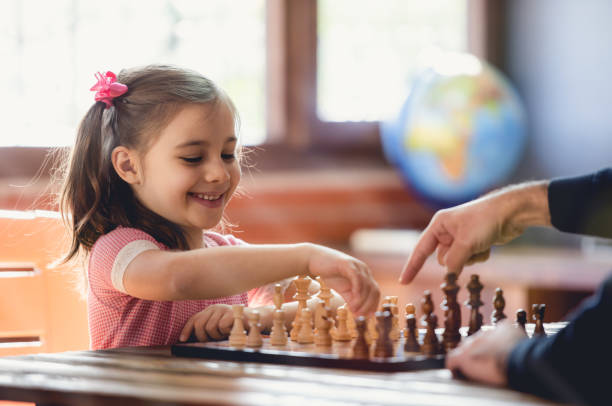
The digital era has made it much easier to receive chess training from top-notch players.
You can scout a great chess tutor and kick things off!
Of course, physical tutorials are best.
Remember that former World Champion Garry Kasparov participated in the training of current World Champion Magnus Carlsen.
Spectate Elite Chess Games

By watching chess games of elites, you pick up some reasons behind the moves you never saw coming. Seeing such moves a couple of times can rub off on your gameplay.
You can also see practical demonstrations of your studies in elite games.
These games can be spectated live on your mobile or PC through several chess sites and channels. You can also watch these games in the flesh if you’re lucky enough to be around the venue!
Play Competitively
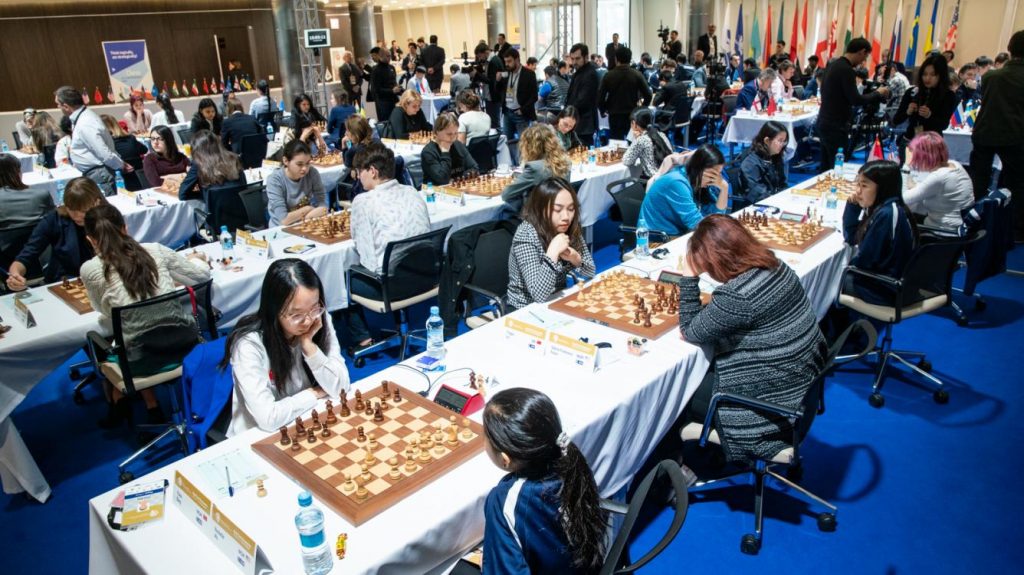
One of the most efficient ways to get good at any activity is to obtain practical knowledge.
What do we mean?
We mean, play chess again and again until you master it!
However, playing without studying your games to improve might be a WASTE OF TIME.
So, ensure you play competitively to bring out your best and study your games to prevent recurring mistakes.
Contribute To Chess

Sometimes, being a great chess player goes beyond your skills on the board.
How much you contribute to the royalty game partly defines how great you will be regarded.
IM Jeremy Silman never became a grandmaster, but his understanding of the game and his ability to put his knowledge into writing made him stand out.
Antonio Radic, popularly called Agadmator, isn’t even a titled player. But he has cemented his status as a notable chess player, thanks to his contributions (via content creation) to chess.
Study Chess Materials
Studying chess materials, especially books, is one of the oldest ways to improve and become a top chess player.
Thanks to the new world, chess materials are no longer exclusive to books; we now have videos, games, apps, and so on.
Pick the one you’re most comfortable with, and get on it.
Let’s say a bit more about this in the next section!
Books Every Ambitious Chess Player Should Read
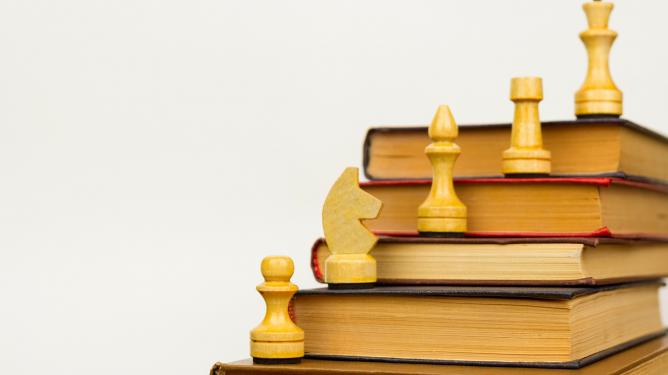
- Bobby Fischer Teaches Chess
- Think Like A Grandmaster
- My System
- Logical Chess: Move by Move
- Silman’s Complete Endgame Course
1. Bobby Fischer Teaches Chess
This book takes out all the complex chess notations that could sprinkle confusion into your learning process.
It replaces these notations with simple words.
What makes it more interesting is that the problems/puzzles in this book train your ability to spot and execute checkmate patterns.
You can get the book here.
2. Think Like A Grandmaster
Alexander Kotov simplified advanced chess playing by giving the chess world this book.
It trains you to rely on your abilities rather than hoping for wishful thinking, like expecting a blunder from your opponent.
You can get the book here.
3. My System
Aron Nimzowitsch wrote one of the most effective chess books of all time with this book.
The three-part book listed some elements of chess that every dedicated chess player MUST know.
You can get this book here.
4. Logical Chess: Move by Move
Irving Chernev did, in this book, what most engines DO NOT do.
He selected some interesting games and explained each move, directly relating these reasons to the chess theoretical principles they follow.
You can get this book here.
5. Silman’s Complete Endgame Course
Jeremy Silman understands that you can’t become a top chess player without mastering the endgame.
If you’ve never heard of the Lucena or Philidor position or barely know about them, you should pick up this book here and dig.
What Separates Top Players From Normal Players?
How chess players train is not far from how regular players train. The major difference is their dedication.
The top players have so much more at stake; hence they must take their work seriously.
They analyze complex positions with other top chess players, exchanging ideas to understand how to solve chess problems using different approaches.
The top players also read books to expand their knowledge.
Magnus Carlsen once admitted to maintaining his reading habit, regardless of literally being on top of the world. If engines can have ratings of 3500 Elo, humans can at least try to match that!
Speaking of engines, the elite players learn from the engines’ moves to see how they can implement the theories behind these moves in their gameplay.
Lastly, BLINDFOLD CHESS is a telling difference between basic and advanced training.
Let’s say a bit more about the benefits of blindfolding chess.
Blindfold Chess Exercises Can Improve Your Skills

Tunnel Vision is a medical term that indicates a form of eye defect where a patient cannot see objects right in front of them.
This concept can be likened to making shocking blunders in chess.
You could have a simple checkmate-in-two, but you’d miss it because of tunnel vision. Tunnel vision in chess is caused by excessive reliance on what the eyes see on the chessboard.
Blindfold chess is independent of sight!
Chess notations allow players to play a chess game without setting their eyes on a chessboard.
Blindfold chess trains to memory, giving that players are tasked with remembering the positions of pieces as they’re moved.
It takes time, focus, and dedication to master a skill like this. But once it’s mastered, any chess player will testify to massive improvement in their gameplay.
What Level And Rating Can You Expect After One Year Of Training?
As we stated earlier, chess highly depends on IQ and work input. Therefore, a person learning chess for the first time with an average IQ is expected to be at 1200-1800 Elo with the right work input.
For a gifted person, 1800-2300 Elo is the most likely outcome of twelve months of proper training.
See our article on How To Improve Your Chess Rating For Beginners (From 0-1800)
Get Your Own Chess Training Plan
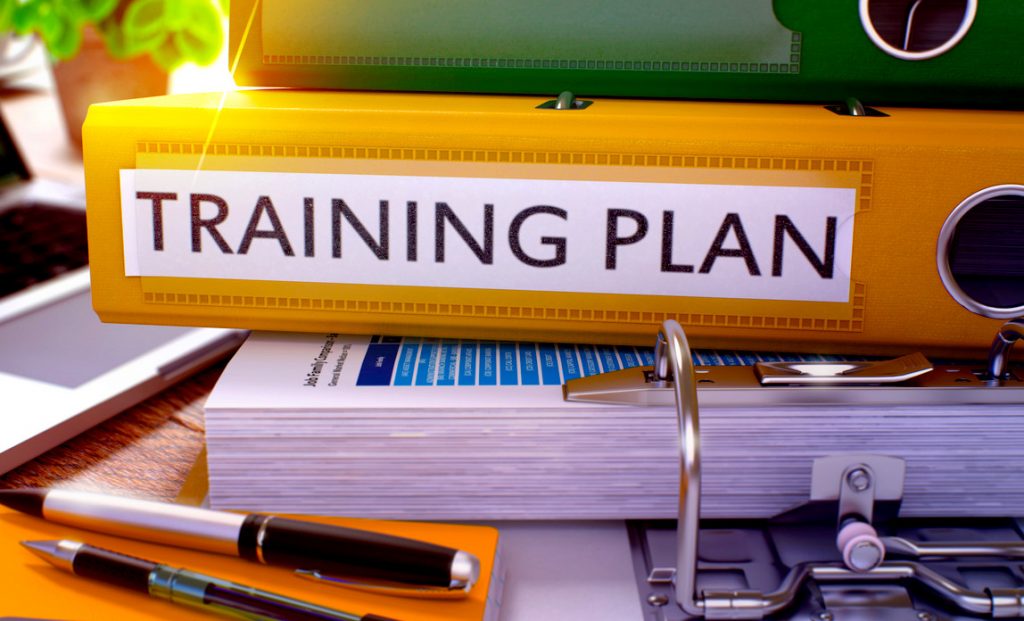
Start by understanding your daily routine and identifying your favorite form of study because this is how chess players train.
Do you love reading books, watching videos, or using apps and software? Do you work, or are you a full-time student?
Spending an hour or two of your leisure time studying and practicing chess theory daily or about 4-6 hours a week can make you a top chess player.
But your rate of improvement might be slower than a player who dedicates your weekly hours to a single day.
Remember to completely grasp a certain theory before moving on to the next.
Then practice what you learn by playing!



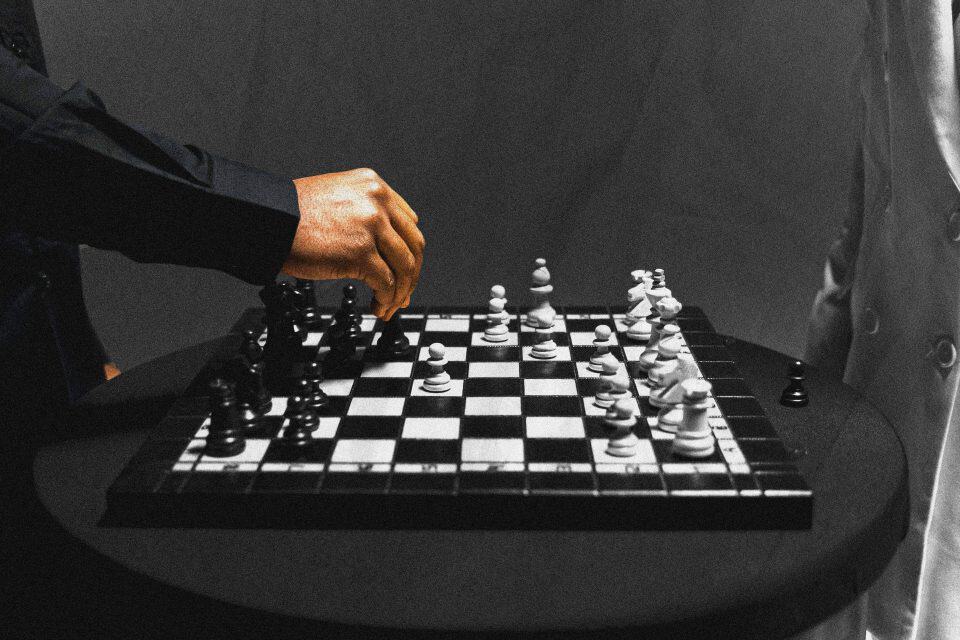
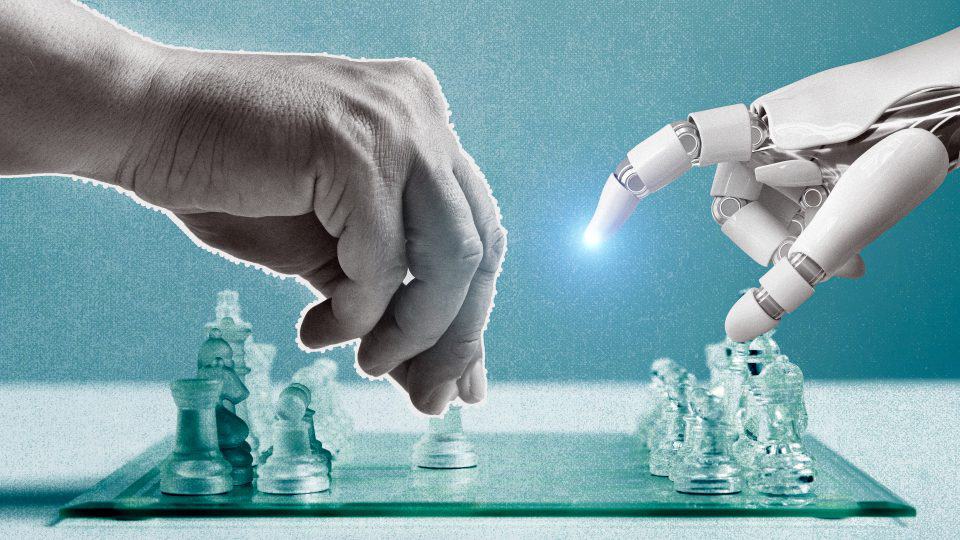
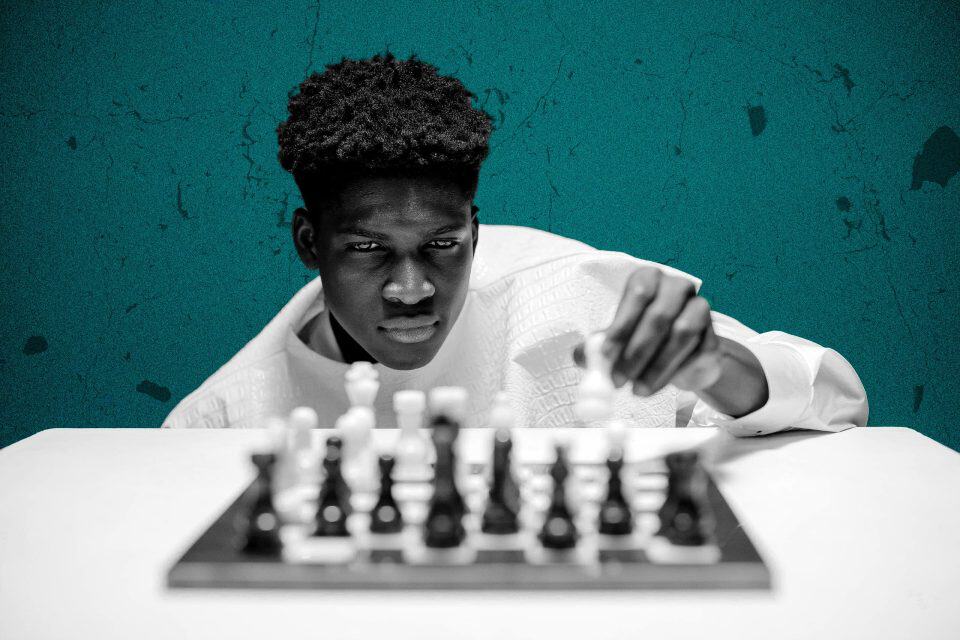
join the conversation